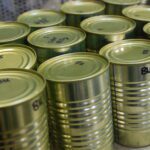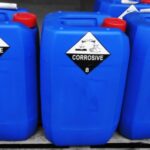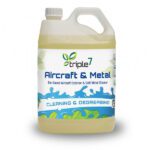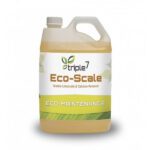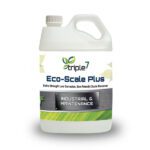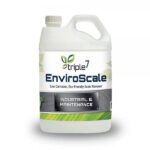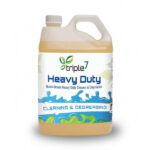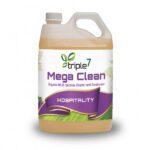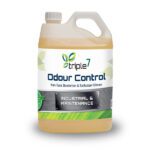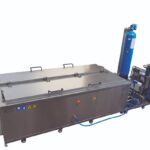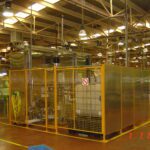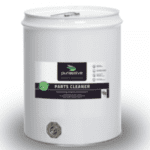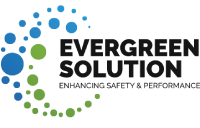Caustics have been the backbone of industrial cleaning, with over 95% of the market share they dominate cleaning in industries & homes. Caustic is extremely powerful and is very quick in cleaning and easily available. It is also easily affordable which is the reason for its popularity. But Cautics are not devoid of handicaps. It is extremely corrosive to most surfaces including, rubbers, glass, wood, acrylics, metals including steel as well as soft metals. Its inability to biodegrade results in long term damage to the water table, plants and environment in general. As a world, we are leaning more towards eco-friendly descaling solutions for our industrial cleaning.
Caustics are also extremely dangerous as they are bio cumulative and over a period of time tend to poison soil and which leads to substrate that is left behind.
Fortunately there are alternatives to caustics, a few of which are:
- Enzyme based cleaners
- Potassium hydroxide
- There is a new class of called biosurfactant which are derived from a fermentation process
- Oleo based chemistry which are basically oils natural derived oils
- D-limonene and orange peel extract
- Colloidal chemistry
Here are a few factors that need to be taken into account when deciding which alternative is most suitable for you.
Potassium hydroxide based cleaners are the quickest and are effective on most known surfaces. This is followed by d-limonene, and then by Oleo and biosurfactants followed by enzyme based products.
Oleo based products are the safest – cause the least amount of allergies or side effects to people or to the environment. This is followed by d-limonene, the orange peel cleaner followed by enzymes potassium hydroxide is probably the least safe among these alternatives. If we have to categorise these products based on their surfactant based chemistry’s are the least corrosive followed by d-limonene and then followed by potassium hydroxide. If one has to categorise the products based on their environmental safety standards then biosurfactants are the most safe followed by colloidal chemistry will also fall in that category. This is followed by d-limonene then enzymes and lastly, potassium hydroxide.
Potassium hydroxide is a slow biodegrading product and is also considered food grade for certain applications. Enzymes are also used for cleaning but they are not food grade products unless specifically used for certain applications in cleaning.
If you are cleaning a solid surface then products like biosurfactant, oleo chemistries, enzymes and colloidal concentrate are preferred over potassium hydroxide based products. While cleaning surfaces it is always ideal to use colloidal chemistry and oleo based cleaner followed by surfactant and the least effective would be either the d-limonene and potassium hydroxide based products.
While cleaning fabrics and fabricated surfaces one may generally prefer colloidal concentrates, oleo based chemistry and biosurfactants over enzymes, d-limonene and potassium hydroxide base products. Most metal surfaces can easily be cleaned with oleo and biosurfactants. Potassium hydroxide is a least preferable choice in terms of safety for metal surfaces because aluminium, soft metals and various alloys of mild steel tend to react and produce what is called white rust on clean surfaces.
If one has to compare the biodegradability of various alternatives to caustic the oleo chemistry along with colloidal cleaners would rate very high as compared to d-limonene and potassium hydroxy based solutions.
We might choose the appropriate cleaner depending upon the kind of surface we intend to clean, the time that we have on our hands, the ability to heat or not heat the cleaning product and environmental factors and safety factors that have to be considered at the end of the day. The choice narrows down to the desires of the cleaners or the organisation in which the cleaning activities are taking place.




